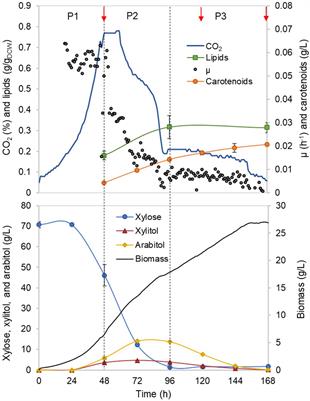EDITORIAL
Published on 15 Dec 2021
Editorial: Multi-Omics Technologies for Optimizing Synthetic Biomanufacturing
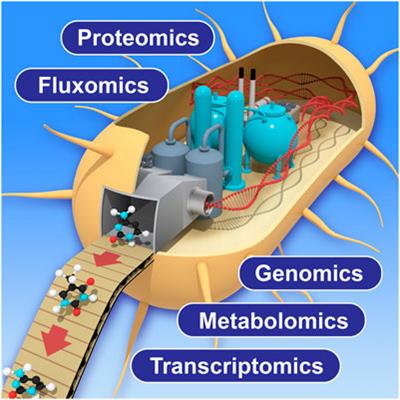
doi 10.3389/fbioe.2021.818010
- 2,136 views
- 1 citation
19k
Total downloads
95k
Total views and downloads
EDITORIAL
Published on 15 Dec 2021

ORIGINAL RESEARCH
Published on 26 Jul 2021
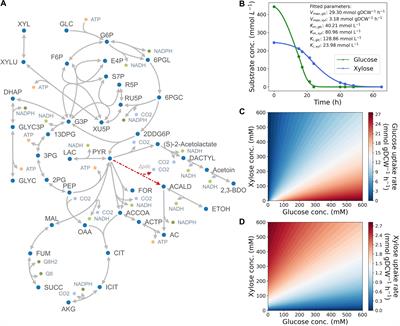
ORIGINAL RESEARCH
Published on 07 Apr 2021
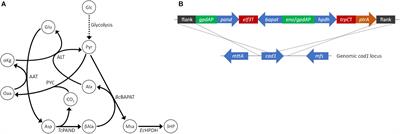
ORIGINAL RESEARCH
Published on 08 Mar 2021
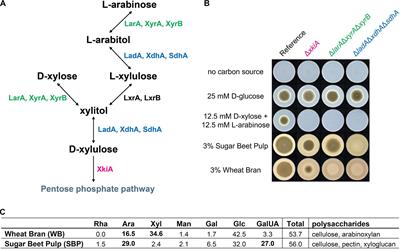
REVIEW
Published on 23 Feb 2021
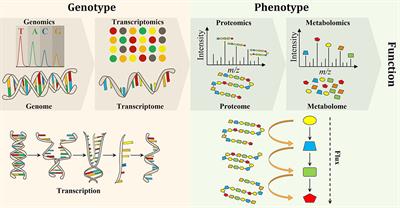
METHODS
Published on 09 Feb 2021

ORIGINAL RESEARCH
Published on 08 Jan 2021

ORIGINAL RESEARCH
Published on 02 Dec 2020

ORIGINAL RESEARCH
Published on 05 Nov 2020

REVIEW
Published on 14 Oct 2020

ORIGINAL RESEARCH
Published on 21 Aug 2020

ORIGINAL RESEARCH
Published on 19 Aug 2020
